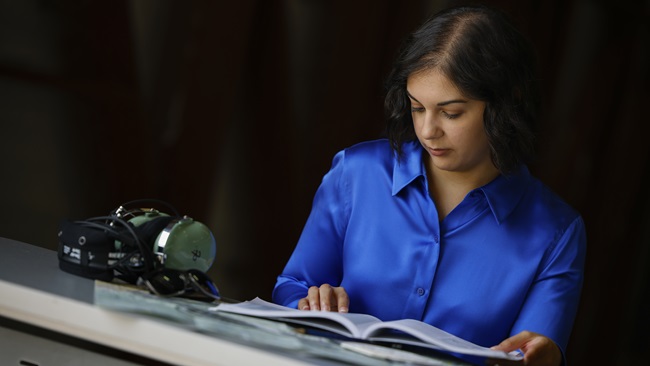User fees, a discussion presented at AOPA Expo

| | See a video of the general session. |
AOPA members were on the edges of their seats Thursday morning when they were informed about the potential horrors of a user fee-based air traffic control system.
Four leaders of the general aviation community as well as a congressman conducted a roundtable discussion during AOPA Expo's first of three general sessions. At issue was the airlines' proposal to shift $2 billion in taxes onto GA and wrest control of the ATC system. AOPA President Phil Boyer moderated the panel, representing what he described as "one big combined set of voices."
Those voices have been on the road to keep pilots informed about next year's funding debate that will begin when President Bush presents his budget in February. The airline industry is poised to spend millions to further its argument for a "cost-based revenue system."
Boyer said the debate is heating up because the existing law establishing the taxes on aviation users will expire in October. Those taxes currently finance the bulk of the FAA's budget.
Not about us?
The last big go-around on user fees occurred in 1997 when the well-established airlines were trying to tilt the playing field against low-cost carriers. As Ed Bolen, president of the National Business Aviation Association, pointed out, the airlines kept saying that it wasn't about GA.
Now, he said, it's very much about GA. The airlines might say they are targeting business jets, but from experience elsewhere in the world, it trickles down.
"Once we start, it never stops," said Tom Poberezny, president of the Experimental Aircraft Association. "They [airlines] want to control more and pay less."
The various associations vowed to stick together for the upcoming battle.
Big pot of money
The FAA has long talked about its next-generation ATC system, but the panelists pointed out that the agency hasn't specified what it would entail. So far, it's been purely hypothetical, yet the FAA wants the money up front. And the numbers keep changing.
According to Rep. Sam Graves (R-Mo.), it goes something like this: "The estimates of 'we don't know what we want' may be cheaper than what we thought we wanted."
What would the equipage requirements be? When would the system be active? Many questions remain.
Because user fees would not be considered taxes, as Boyer pointed out, they would fall outside congressional control. That means a new, costly collection system would have to be set up.
All costs go up
A user fee system could go beyond charging pilots for flight plans and weather briefings. Pete Bunce, president and CEO of the General Aviation Manufacturers Association, talked about how certification fees would increase the cost of aircraft ownership.
GA is at time where it is doing "tremendously well," and it is "one of the most heavily regulated industries you can think of," Bunce said. Certification fees would raise the cost of new airplanes, engines, and avionics. Such fees already exist in Europe, and they are on the rise. European aviation officials are also looking at levying fees on operators for continued airworthiness.
What you can do
Rep. Graves said there isn't a lot of awareness at the congressional level about the detrimental effects of user fees. The best thing is to educate your representative by looking for opportunities to meet them in person. More information will be available when President Bush's budget comes out later this winter.
AOPA will continue to make its case that the FAA should be funded with taxes, not user fees, and that Congress remain as the board of directors for the nation's air transportation system.
"We will overcome this as we have three times in the last decade," Boyer said. - Nate Ferguson
November 9, 2006

